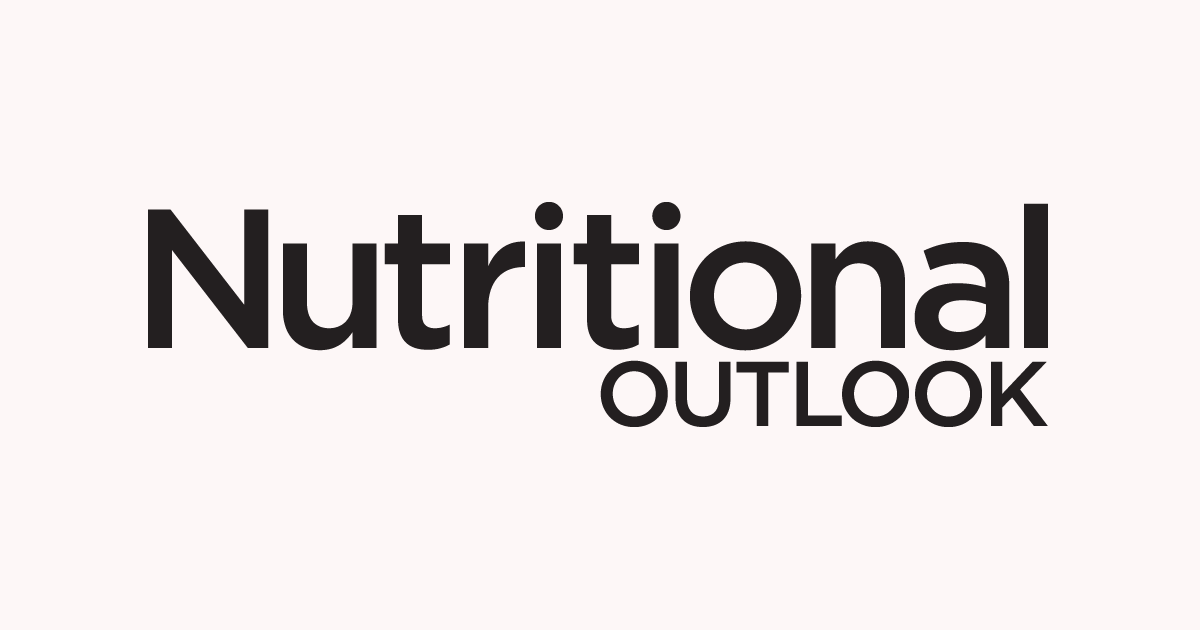
TEST TEST TEST TEST TEST
In the mean time, brands and manufacturers can provide specialized formulations in the form of condition- and gender-specific supplements to the consumers who want it most. “Women are taking control of their health like never before,” says Michael Chernyak, president of CK Nutraceuticals. “They are increasingly zoning in on their specific needs and wants, as opposed to choosing broad-based supplements meant to promote general health.” As a result, brands are seeing increased interest in condition specific natural health products for women. In short? The women’s supplement market is about so much more than a women’s daily multivitamin or prenatal vitamin.
“The modern consumer has become accustomed to nearly immediate, to-their-door delivery that gets them their product as soon as they need it,” says Amy Upchurch, founder and CEO of Pink Stork, noting that the market is shifting as a result. “When it comes to supplements, there is a demand for convenient, on-the-go packaging and products that support the different lifestyles of busy women.”
[sub] Evolving Ingredients
Not only do women live longer than men, on average, but their life expectancy is ever on the rise. In 1984, a woman’s life expectancy was 78; today, women are living to age 81. “Consequently, women are living more years in the post-menopause phase of life,” says Sally Aaron, senior vice president of health ingredients and marketing at Evolva. This is opening up the market for not just increased interest in supplements addressing menopause-related issues, but also those addressing general health issues women encounter as they age.
“We believe the menopause relief category continues to offer opportunities for growth in natural solutions,” says Chernyak, and CK nutraceuticals’ patented EstroG-100 ingredient is marketed for a broad range of menopause symptoms. Yet another tried-and-true area for women’s health supplements is urogenital discomfort, which still posts high prevalence and recurrence, says Elodie Aragon, product manager at Lallemand Health Solutions, marketers of Probiocap probiotics. According to the U.S. Department of Health & Human Services, urinary tract infections occur mainly in women, affecting half of all women at some point in their lives. When it comes to vaginal health, bacterial vaginosis (a condition occurring when there’s too much of a certain kind of bacteria in the vagina) is the most common vaginal infection in women ages 15 through 44, with about 30 percent of women in this age group having reported occurrence. Together, these issues are due to “an imbalance of the urogenital microbiota,” says Aragon, “and this is increasingly well understood by consumers, hence the demand for natural, holistic supplement approaches to help maintain balanced microbiota.” So while probiotics have been generally associated with gut health, demand is increasing in the women’s health category.
But what’s most exciting about the women’s health category is that supplement brands and ingredient suppliers alike are going beyond traditional issues like menopause and vaginal health to offer products for all stages of a woman’s life and appealing to all kinds of health goals.
One of the areas on the rise as women outlive men is cognitive health, Aaron says. “In the US, health problems related to cognitive decline, specifically Alzheimer’s disease, are the sixth leading cause of death,” she says. “Medical interventions for cognitive decline remain elusive, so women are looking for alternatives across the diet, exercise and lifestyle spectrum for solutions that will work for them.” At Evolva, the ingredient addressing this demand is resveratrol, which the brand says can support improved memory, focus and concentration by enhancing cellular energy uptake, scavenging reactive oxygen species, increasing anti-inflammation capacity and more.
“Sports nutrition research historically focused on male athletes, overlooking the nutritional needs of females in regards to supporting proper metabolism,” says Bergstrom Nutrition vice president of sales and marketing Tim Hammond. In response, the company is pursuing female-specific research on its OptiMSM ingredient. Initial findings suggest the ingredient may increase collagen cross-linking in engineered human ligaments treated with high estrogen. “This demonstrates that MSM might completely reverse the negative effects of estrogen on ligament mechanics,” Hammond says. “Our follow-up clinical study will focus on determining the impact of OptiMSM on knee laxity changes throughout the menstrual cycle in active young women.”
Beauty from within is another area impacting the women’s health supplement market, says Karin Hermoni, head of science and nutrition at Lycored, as women of all ages want to age beautifully. In response, Lycored offers carotenoids like natural tomato extract to support skin health.